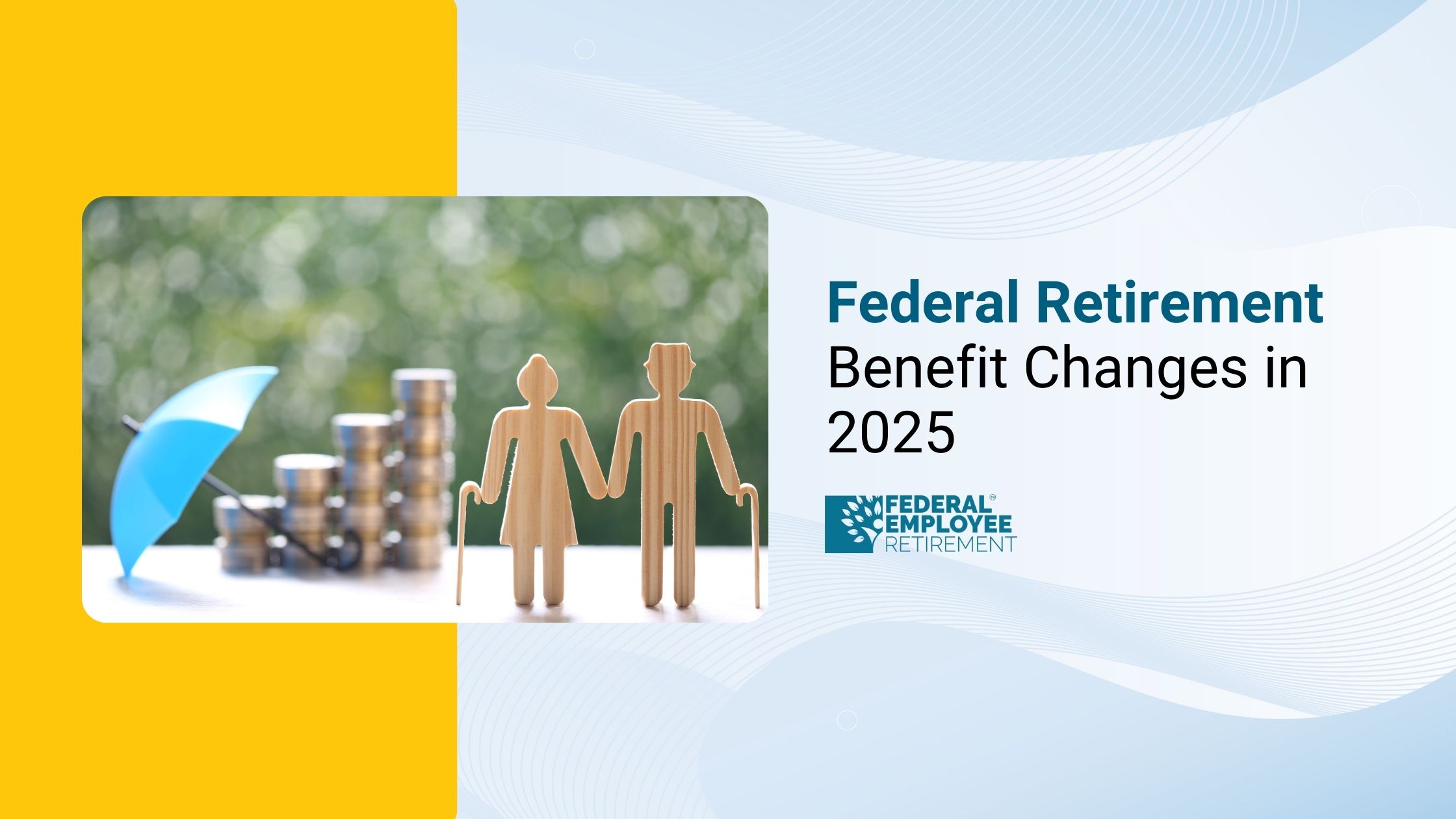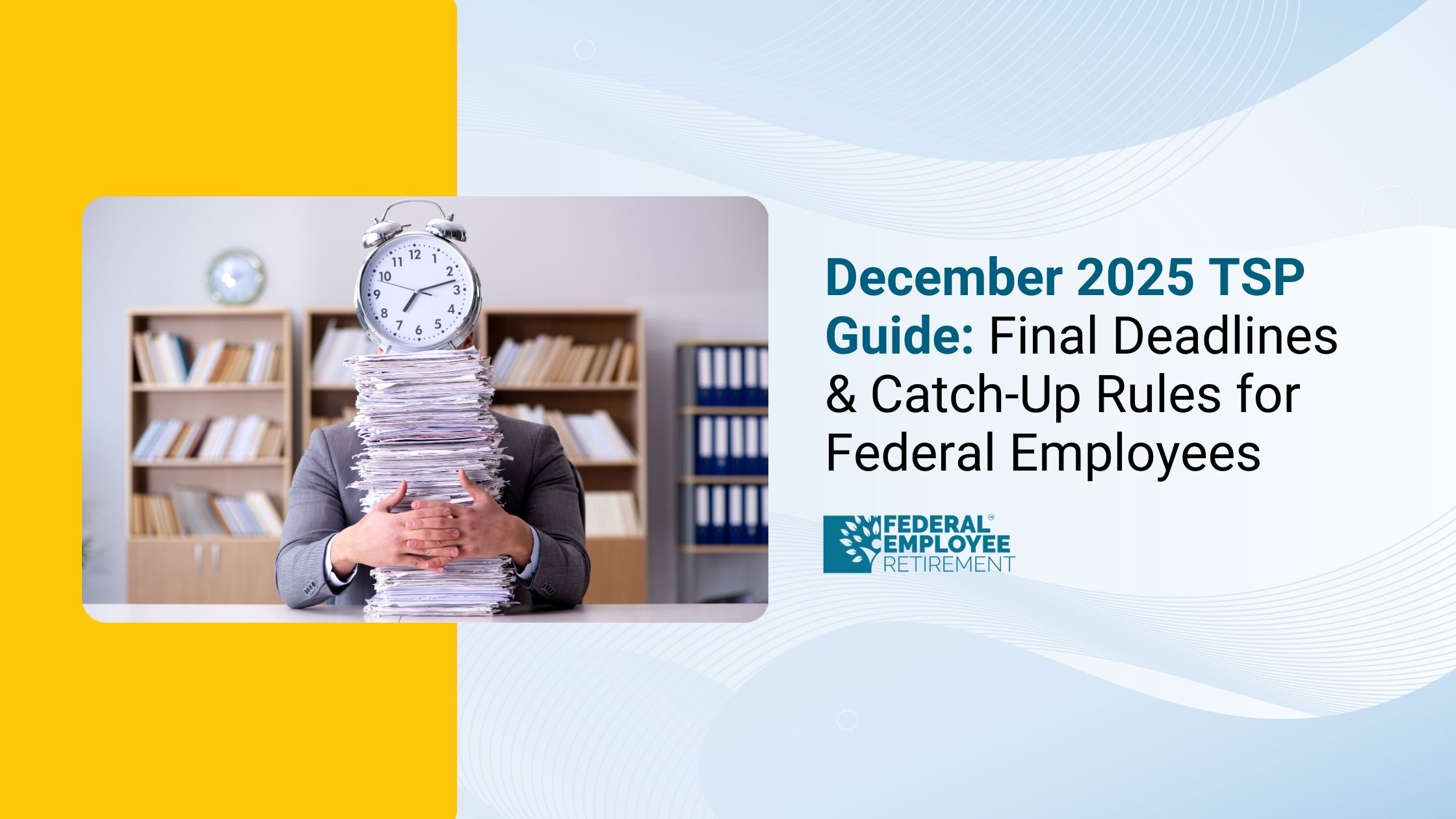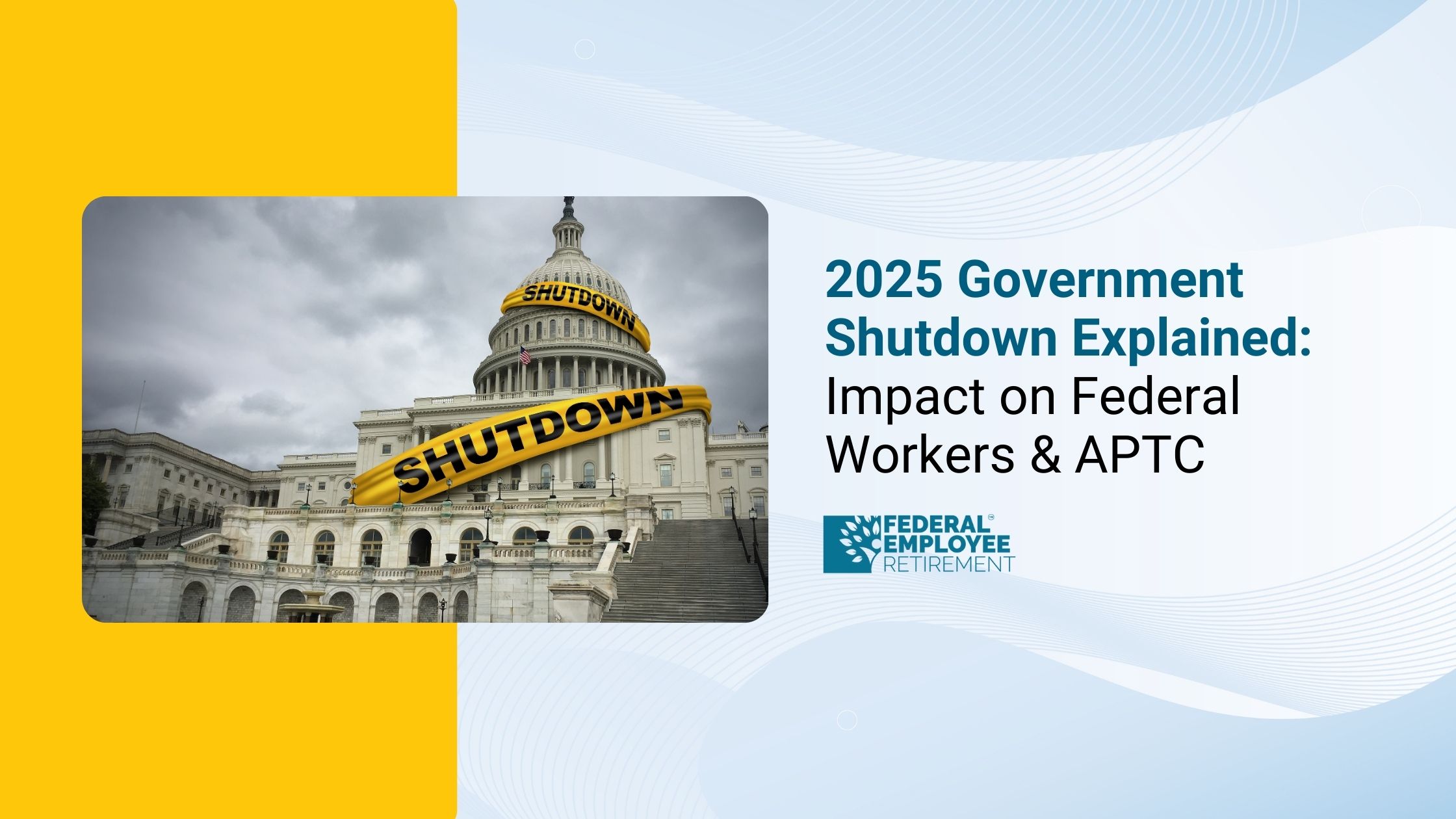You’re not alone; 4,359 federal employees booked their free review.

2026 Federal Pay Raise: Will Federal Employees Face a Pay Freeze?
For 2026, the White House’s FY2026 budget instructs agencies to plan for a 0% federal pay raise, creating a real possibility of a pay freeze.
Congress is considering alternatives, including a 3.3% raise recommended by OPM and a 4.3% raise proposed under the FAIR Act, but the 2025 shutdown has increased pressure to limit federal payroll spending.
What Is the 2026 Federal Pay Raise?
The 2026 federal pay raise is the annual adjustment to General Schedule (GS) base pay and locality pay for federal civilian employees.
The final raise is set each December through either:
- a presidential executive order, or
- Congressional legislation overriding that order.
Why a Pay Freeze Is Being Proposed in 2026
The Office of Management and Budget (OMB) has directed agencies to assume a 0% raise when planning FY2026 budgets.
The administration argues this is necessary to:
- control the federal deficit
- offset high spending demands
- Stabilize post-shutdown budgeting
This marks a major shift after several years of above-average raises:
- 2022: 2.7%
- 2023: 4.6%
- 2024: 5.2%
- 2025: 4.7%
A freeze would break a clear upward trend.
How the 2025 Shutdown Changed the 2026 Pay Raise Outlook
The 43-day shutdown dramatically reshaped 2026 pay negotiations.
Because the shutdown ended only with a temporary Continuing Resolution not a full-year budget Congress is under heightened pressure to keep FY2026 costs down.
Shutdown impacts that make a freeze more likely:
- The economy lost $15 billion per week
- 900,000 federal employees were furloughed
- 2 million excepted workers worked without pay
- Agencies now face operational backlogs and rehiring obligations
- Major FY2026 funding fights were delayed to January 2026
In short:
The shutdown’s financial and political fallout has created an environment in which a 0% raise is now a realistic default unless Congress intervenes.

Competing Proposals for the 2026 Pay Raise
OMB Proposal: 0% Raise
Sets the baseline expectation for agencies.
OPM Recommendation: 3.3% Raise
Derived from Employment Cost Index (ECI) data.
This is the formula traditionally used for federal pay.
FAIR Act Proposal: 4.3% Raise
Backed by Democratic lawmakers and unions (NTEU, AFGE).
Breakdown:
- 3.3% base pay increase
- 1% average locality increase
Supporters argue federal salaries have lagged behind inflation and private-sector growth.
What’s Most Likely to Happen?
Based on current political alignment, recent shutdown pressure, and historical raise patterns:
Most Likely (50–60%)
A small raise (1–2%) or full freeze (0%)
Congress may compromise between OMB and union demands.
Moderately Likely (25–30%)
A 3.3% raise aligned with OPM’s formula
Requires calmer budget negotiations.
Least Likely (10–15%)
Full 4.3% FAIR Act raise
Requires broad political support, currently not evident.
In short:
A freeze is possible, a small raise is plausible, and a 4.3% raise is unlikely.
Also read - Federal pay raise 2026
How a Pay Freeze Impacts Federal Employees
Retirement (FERS High-3 Calculation)
Lower salaries → lower lifetime pension.
TSP Contributions
No raise = no increase in employee or agency contributions.
Recruitment & Retention
Skills gaps worsen, especially in mission-critical agencies.
Locality Pay Gaps
High-cost cities face increased affordability pressures.
Retention of Early-Career Workers
Low raises accelerate attrition.
Takeaway:
Even a small raise compounds long-term, a freeze affects decades of retirement income.
Political Factors: How Elections Influence the Rais
Election-year dynamics directly influence pay decisions:
- Some candidates support a pay freeze
- Others back a formula-based raise
- Control of Congress determines whether the FAIR Act advances
Because the 2025 shutdown exposed political divisions around federal spending, compensation will be a major fiscal and election issue.
Retirement Planning & TSP Impact for 2026
A pay freeze would affect:
- High-3 average, reducing FERS annuity
- Annual TSP growth, slowing compounding
- Retirement timing decisions
- Long-term financial projections
Employees near retirement should run updated scenarios now.
Key Dates for Federal Employees
- Fall 2025: Congress debates FY2026 pay levels
- October 2025: Social Security COLA announced
- December 2025: President signs pay raise (or freeze) executive order
January 2026: Raise or freeze becomes effective
Conclusion
The 2026 federal pay raise debate reflects broader tensions around spending, workforce retention, and post-shutdown budget constraints.
Federal workers should prepare for:
- a possible freeze,
- a small raise,
- or a compromise between OMB, OPM, and Congressional proposals.
With the effects of the shutdown still rippling through agencies, the next several months will determine not just paychecks but the broader direction of federal workforce policy.
FAQs
Will federal employees get a raise in 2026?
Possibly, but OMB’s baseline is 0%, so a freeze remains likely unless Congress passes a raise.
Why is a 2026 pay freeze being considered?
Budget pressure intensified by the 2025 shutdown, deficit concerns, and the administration’s fiscal strategy.
What is the FAIR Act raise for 2026?
A 4.3% raise: 3.3% base + 1% locality.
What does OPM recommend?
A 3.3% raise based on the Employment Cost Index formula.
When will the final pay decision be announced?
By late December 2025, in a presidential executive order.


Get Updated
Subscribe to our weekly updates for the latest on retirement planning, federal benefits, exclusive webinars, and more!
Download Federal Retirement: Step-by-step Checklist
This comprehensive guide will help you understand your federal benefits, optimize your savings, and plan for a comfortable future.



.png)






%20VA%20%26%20Private%20Options%20Explained.jpg)

